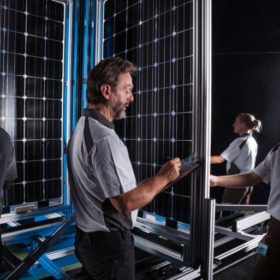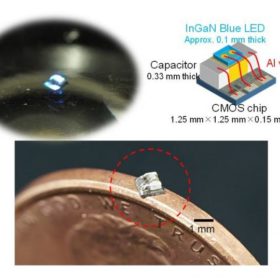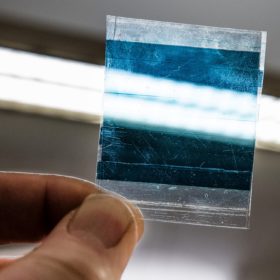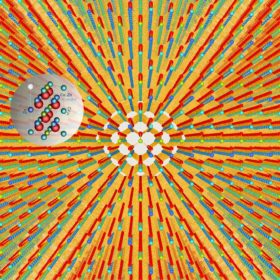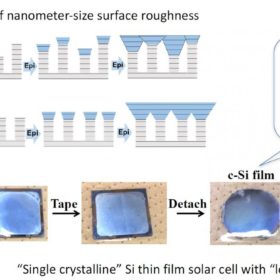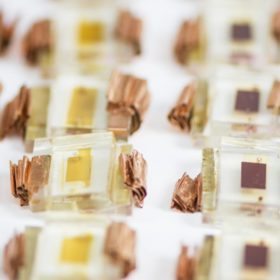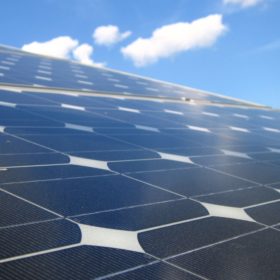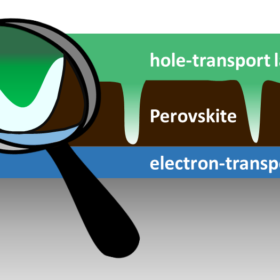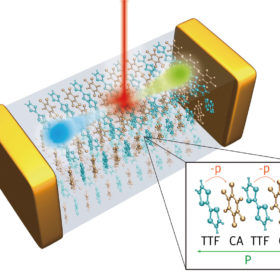Open letter: German government must protect its solar industry
In an open letter, more than 30 German PV companies and research institutes demand an industrial strategy to retain a domestic solar industry. According to the signatories, that means increased co-operation with France and the consideration of sustainability criteria for PV tenders
Japanese scientists develop wireless optical neural stimulator based on PV
A very small implantable device that can be used to control brain patterns has been developed by Japanese researchers using photovoltaic technology. The device is both the smallest and the lightest wireless optical biodevice to have ever been developed.
Swedish scientists develop new method to reduce defects in organic solar cells
The researchers found that printed solar cells achieved a better performance when they used an active polymer material as glue.
German scientists use germanium to improve performance of kesterite solar cells
Although current efficiencies for solar cells based on kesterite do not exceed 12.6%, the use of germanium may enable the development of cells with a higher energy band gap.
Japanese scientists develop ZHR method to improve manufacturing of thin film monocrystalline silicon
The research team believes that the new technology may resolve technical problems and drastically reduce the manufacturing cost of the lift-off process in the production of thin film monocrystalline solar cells.
Aging tests for perovskite, dye-sensitized solar cells must improve, research says
Finnish scientists have found that only one third of tests reported the intensities of visible and UV light, humidity and temperature adequately.
Germany’s ISFH announces 26.1% efficiency for p-type crystalline cells
The Institute for Solar Energy Research Hamelin (ISFH) and the Leibniz Universität Hannover claim that this result is a world record for p-type silicon material, as well as a European record for crystalline silicon.
Dutch consortium plans world’s first “off-shore” floating PV plant for the North Sea
The pilot project will be developed over the next three years and will utilize standard PV modules. The consortium expects the solar array to have a 15% higher yield compared to traditional installations.
German scientists claim inhomogeneous perovskite films are highly functional
Contrary to common belief, holes in perovskite films may not always negatively affect the performance of perovskite-based solar cells, according to recent research from the Helmholtz Zentrum Berlin (HZB).
Japanese scientists use organic ferroelectric to extract more current from solar cells
The new technology uses a quantum-mechanical process, which can extract current from solar cells in a much quicker, less wasteful way, the research team claims.
